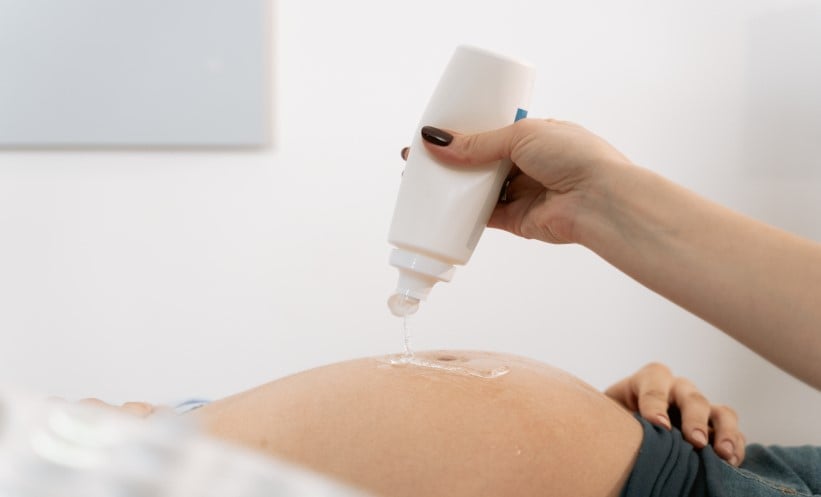BATTERY-POWERED blind ultrasound sweeps, which are both portable and low-cost, can identify high-risk pregnancies with a sensitivity of 91.7%. Operators without formal training, who performed these blind ultrasound sweeps, detected high sensitivity and specificity for high-risk complications during pregnancy.
A posited solution to eliminating barriers that exist in widespread ultrasonography is volume sweep imaging using a low-cost, portable ultrasound system, along with the incorporation of telemedicine, so that the results can be interpreted by a trained specialist offsite, or by artificial intelligence. The strategy in this study utilises blind sweeps of the ultrasound probe, using external anatomic landmarks as guides. These landmarks direct transducer movements.
With this method, there is also the possibility of such examinations being performed by those who have no prior formal ultrasound training, following a short training session that highlights a simple eight-step approach in performing a limited obstetric ultrasound examination. These blind sweeps were analysed by five subspecialists in maternal and foetal medicine, all of whom were blinded.
The single-centre, prospective cohort study identified 168 females in their second and third trimesters between October 2020–January 2022. In total, 194 blinded ultrasound examinations were carried out, with 1,552 blinded sweep cine clips. A total of 49 ultrasonograms with normal pregnancy results, and 145 with abnormal pregnancy results with known complications, were carried out.
The blind sweeps identified pregnancy complications including placenta praevia, abnormal amniotic fluid volume, multiple gestations, and foetal malpresentation. Pre-specified complications were detected in 91.7%; multiple gestations in 100.0%; and non-cephalic presentation in 91.8% of cases. A high negative predictive value of 96.1% for placenta praevia and 89.5% for abnormal amniotic fluid volume were observed.
Researcher Marika Toscano, Division of Maternal-Fetal Medicine, Department of Gynecology and Obstetrics, Johns Hopkins University School of Medicine, Baltimore, Maryland, USA, stated that prior research on this specific ultrasound examination has been previously conducted in those with normal and uncomplicated pregnancies. However, Toscano went on: “Here, we built on these studies by using this technology to identify pregnancies with abnormalities.” The volume sweep imaging used here is promising as a tool to diagnose pregnancy complications.








